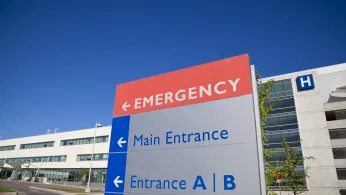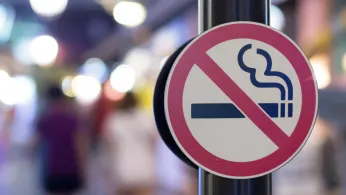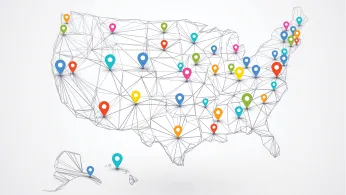Main navigation
518 results found

Press Releases
The Center’s California Health Interview Survey receives national recognition for work highlighting understudied populations.
April 30, 2024

Press Releases
The Center’s California Health Interview Survey receives national recognition for work highlighting understudied populations.
April 30, 2024

Press Releases
Study examined ties between firearm proximity and psychological distress, suicidal thoughts, and suicide attempts.
April 30, 2024

Press Releases
Study examined ties between firearm proximity and psychological distress, suicidal thoughts, and suicide attempts.
April 30, 2024

Press Releases
These areas also have the highest proportions of adults on Medi-Cal.
April 23, 2024

Press Releases
These areas also have the highest proportions of adults on Medi-Cal.
April 23, 2024

Press Releases
The Housing for a Healthy California program moved 200-plus people into housing and lowered their medical costs.
April 17, 2024

Press Releases
The Housing for a Healthy California program moved 200-plus people into housing and lowered their medical costs.
April 17, 2024

In Memoriam
Meng’s work over more than two decades contributed to making UCLA CHPR a ‘vital resource for researchers, policymakers, and journalists’
April 16, 2024

In Memoriam
Meng’s work over more than two decades contributed to making UCLA CHPR a ‘vital resource for researchers, policymakers, and journalists’
April 16, 2024

Press Releases
Researchers tout benefits of more representative data about race, ethnicity and identity, while monitoring how changes will be implemented.
March 28, 2024

Press Releases
Researchers tout benefits of more representative data about race, ethnicity and identity, while monitoring how changes will be implemented.
March 28, 2024

Press Releases
The director of the UCLA Center for Health Policy Research was honored by the CDC Foundation and the James F. and Sarah T. Fries Foundation.
March 20, 2024

Press Releases
The director of the UCLA Center for Health Policy Research was honored by the CDC Foundation and the James F. and Sarah T. Fries Foundation.
March 20, 2024

Press Releases
Areas with weak local regulations leave some communities more vulnerable to harm from tobacco use.
March 19, 2024

Press Releases
Areas with weak local regulations leave some communities more vulnerable to harm from tobacco use.
March 19, 2024

Press Releases
Tailoring outreach by cultures, languages and nationalities could help increase utilization of services.
February 29, 2024

Press Releases
Tailoring outreach by cultures, languages and nationalities could help increase utilization of services.
February 29, 2024

Press Releases
The UCLA Center for Health Policy Research and its network of partners will provide free assistance across the country.
February 26, 2024

Press Releases
The UCLA Center for Health Policy Research and its network of partners will provide free assistance across the country.
February 26, 2024













